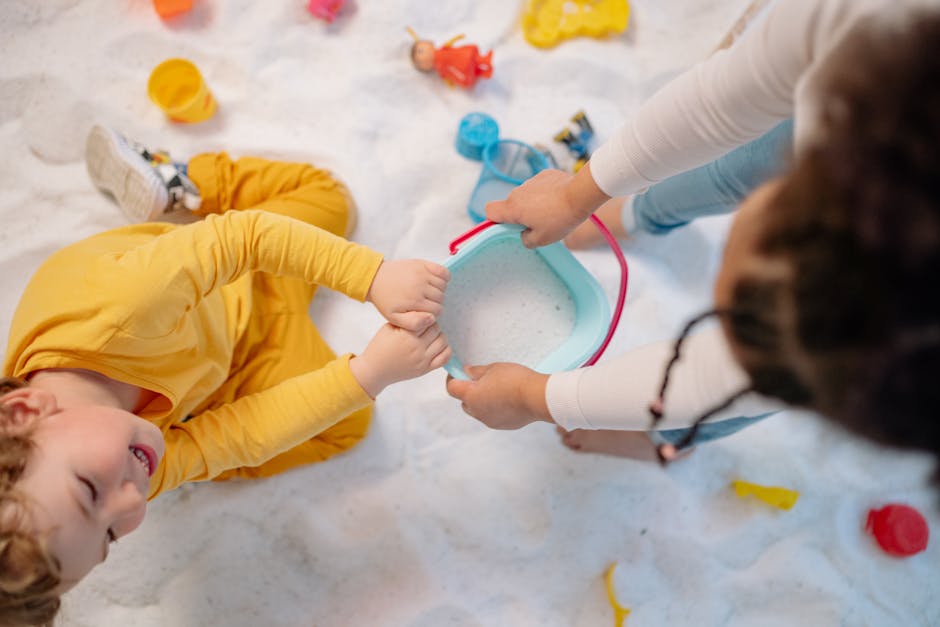Toys and games are often associated with childhood, but their significance extends far beyond simply keeping kids entertained. They are powerful tools that contribute to a child's development in numerous ways, fostering creativity, problem-solving skills, and social interaction. For adults, they can offer a valuable escape from the stresses of daily life, providing opportunities for relaxation, connection, and cognitive stimulation.
From a developmental standpoint, toys and games are instrumental in shaping a child's cognitive abilities. Building blocks, puzzles, and construction sets encourage spatial reasoning and problem-solving skills. Playing with dolls or action figures allows children to explore different social roles and develop their imaginations. Board games teach strategic thinking, turn-taking, and how to gracefully handle both winning and losing.
The social benefits of toys and games are equally important. Playing with others teaches children how to cooperate, negotiate, and resolve conflicts. Games with rules provide a structured environment for learning about fairness and sportsmanship. These experiences are crucial for developing social skills that will serve them throughout their lives.
Beyond childhood, toys and games continue to offer numerous benefits. For adults, hobbies like model building, puzzles, or video games can provide a much-needed escape from the pressures of work and daily responsibilities. They offer a chance to relax, de-stress, and engage in activities that are purely enjoyable.
Engaging with games also helps to maintain cognitive function. Strategic board games, card games, and even video games can challenge the mind, improving memory, attention span, and problem-solving abilities. This is especially important as we age, as it can help to keep our minds sharp and engaged.
The social aspect of games remains relevant for adults as well. Board game nights, card games with friends, or participating in online gaming communities can foster social connections and create a sense of belonging. These shared experiences strengthen relationships and provide opportunities for interaction and laughter.
Furthermore, the world of toys and games offers a diverse range of options to suit every interest and age group. From classic board games to intricate puzzles, from action figures to creative art supplies, there's something for everyone. This diversity ensures that individuals can find activities that resonate with their passions and provide a sense of fulfillment.
In conclusion, toys and games are far more than just simple amusements. They are valuable tools for learning, social development, and relaxation for both children and adults. They provide opportunities for creativity, problem-solving, and connection, enriching our lives in countless ways.
